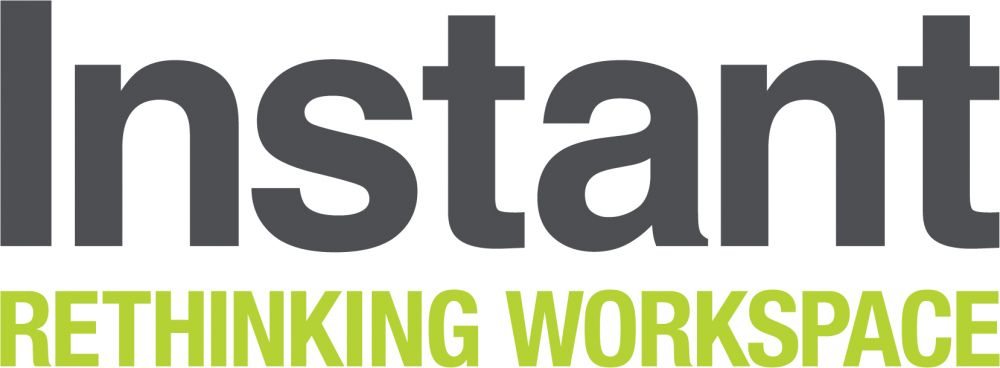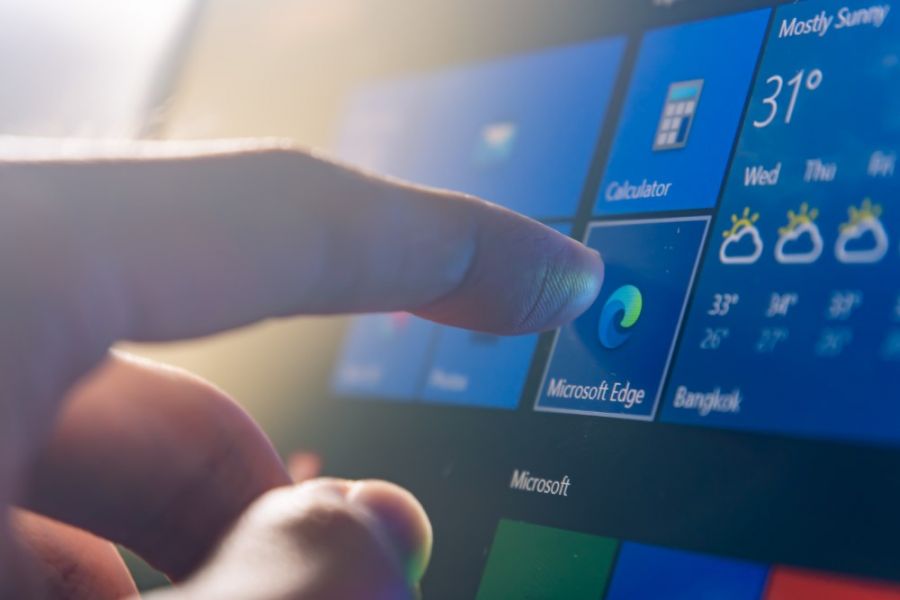Flexible office space in Poland: 10 must-know terms

Demand for flexible office space across Poland is soaring, increasing by over 72% last year. Driven by the growth of start-ups, SMEs, the business service sector and large corporations, Poland has emerged as a hub for the flexible office sector. But what exactly is flexible office space?
Office space no longer simply refers to traditional buildings managed by landlords. By merely adding the word “flexible” in front of office space, it’s anyone’s guess if this refers to virtual offices, serviced offices, or on-demand hot desking — to name just a few types of the alternative places we now work from.
The office of the future is not a single location; it is a network of spaces and services. This network includes spaces designed for performing specific tasks such as focused work, team brainstorming, client presentations, employee training, meetings, and more.
The way we talk about our places of work and what their purpose is has led to an outpouring of new definitions, though the terms often differ from country to country, or region to region. Let’s dive in to learn the 10 terms that matter most in relation to flexible office space in Poland.
Coworking
Coworking is the use of an office or other working environment by people who are self-employed or working for different employers, typically to share equipment, ideas, and knowledge. As a global movement that first gained traction in the early 2000s, coworking offers both cost savings and convenience using common infrastructure, appealing to individual freelancers and corporate teams alike. By encouraging greater flexibility, a spirit of community, boosted productivity, and lower costs, coworking encourages members to connect, collaborate, and socialize.
There are several different product types or terms that fall beneath the category of coworking:
- Dedicated desk – A personal desk within a coworking space, sometimes referred to as a coworking desk, that is rented out and reserved for one individual.
- Hot desk – Available on a first come, first service basis, hot desks are open-area workstations that have no permanent owner and cannot be formally reserved.
- Shared office space – A shared office space, which is used synonymously with coworking spaces, is an open work-space where people from multiple teams or companies can work together on a flexible basis.
Day pass
A day pass is a type of pass that allows an individual to use the facilities and amenities of a coworking space for a single day. Day passes are often used by individuals who need a place to work for a short period of time, such as when they are traveling or between job assignments. They may also be used by individuals who want to try out a coworking space before committing to a membership.
Flexible office
A flexible office, also referred to as a flex space or flexible workspace, is an all-encompassing term for several types of workspaces including coworking spaces, hot desks, managed offices, serviced offices, and virtual offices. A flexible office is designed to accommodate changing business objectives and gives workers the freedom to work how, when, and where they want. While every flexible office may look a little different, many share the basic elements of open-plan layouts, quiet areas, shared utilities, and adaptable workstations, like standing desks, phone booths, or coffee bars.
Hybrid working
Hybrid working is a type of work model where an employee splits their time between a physical workplace (such as an office or coworking space) and working from home. Implementing a hybrid work model gives employees the autonomy to choose to work wherever and however they are most productive. As a people-first work model, hybrid working is said to boost productivity and job satisfaction while addressing the major challenges of remote work, such as isolation and lack of community.
Managed office
A managed office is a fully-customizable private workspace that is built to meet each occupier’s requirements and managed by a single provider from move in to move out. From sourcing the property and landlord lease negotiation to designing and branding the space, managed office providers typically deliver flexible contracts ranging from 12 months to five years, though longer terms are available. A managed office space is taken care of by a single third-party provider, which means that the cost of office furniture, additional fittings, maintenance, hospitality, utilities and even exit costs are all included and managed within a fixed monthly or quarterly rent price.
Private office
A private office is a dedicated workspace that is exclusive and privately owned. Private offices can be one office for one individual in a coworking space, or they can be for teams of 20, 50, or more. Found in both traditional office environments and coworking spaces, private offices are sepa rated from other workspaces by walls or partitions. They are usually removed from the main open-plan office or common areas so occupants can focus and work without distractions.
Serviced office (also known as: executive suite)
Serviced offices are ready-to-go, fully-furnished workspaces within a business center or coworking space. Serviced offices are typically operated by third-party providers and are available to rent on short, flexible terms from one month up to several years. For an all-inclusive rental price, serviced offices usually come with cabling, chairs, desks, storage, and technology integrations as contracted between the occupier and operator.
Space-as-a-service (SPaaS)
Considered by many to be one of the most influential business models impacting commercial real estate today, space-as--a-service is space that is procured on demand. Also known as workspace-as- -a-service, SPaaS refers to the combined offering of real estate and enhanced user experience (UX), providing a physical workspace and specific amenities to create an all-inclusive work experience. This model increases flexibility and economic security by allowing customers to rent out only the amount of space they need for shorter periods of time.
Traditional office space
A traditional office space (or leased office space) is rented directly from a landlord, normally on a per-square-foot-per-year basis for a fixed length of time. It may also be purchased outrightly, requiring the owner to build out and furnish the office, as well as take care of all utilities and capital expenditures. Ideal for privacy and focus, traditional office spaces are essentially a personal headquarters for a company. A typical floor plan may include a combination of private offices, an open space for cubicles or desks, and a meeting room.
Virtual office (VO)
A virtual office is a service that provides businesses with any combination of services, workspace, and/or technology without the capital expenses of owning or leasing a traditional office. The main driver for purchasing a VO is to acquire a marketable or prestigious business address. Many virtual offices are offered from a flexible office space location and include features such as live receptionist services, parcel handling, and more. They may also include dedicated office space and meeting rooms so that companies and individuals can meet with their clients when needed.
This article comes from magazine:
FOCUS ON Business #12 September-October (5/2023)
 Check the issue
Check the issue








